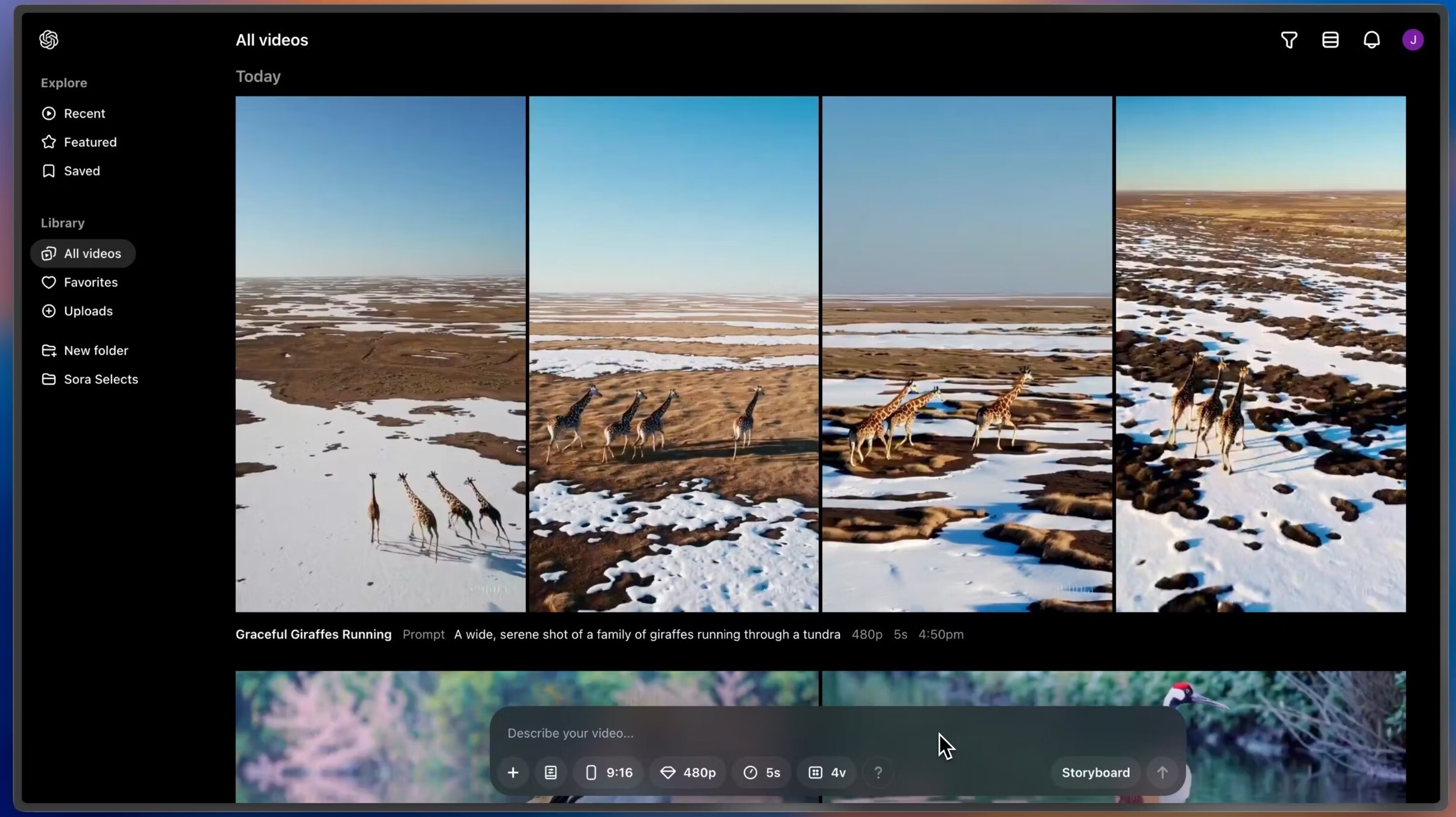France’s capital city Paris has been making rounds in Thailand over the past week after some AI-generated images surfaced on the internet, showing piles of trash on the streets of Paris.
Fake AI Image Shows Trash Dumps Across Paris
A video compilation of the images has been viewed more than 400,000 times across different platforms, misleading many people, especially in Thailand, into believing and writing comments downgrading the city.
In one case, someone commented, “This is what the French capital city, Paris, looks like. The dream city… now turned into this in reality.”
Some blamed the recent crisis in France as the cause, with one user saying, “This is what happens when people riot,” and another Thai commenter saying, “This is the dark age of the developed countries. Thailand is better off developing itself gradually. I’m proud to be Thai.”
In reality, the images in question were fake, and there weren’t reports of littering in the streets of Paris. Further investigations by Agence France-Presse (AFP) confirmed the images were generated using AI image-generating tool by an administrator of a Facebook page called “Nik Art” in July.
The Facebook administrator admitted to using Midjourney in creating the images and also provided the text prompts.
Earlier in July, France also made headlines in several media outlets due to an AI-generated image of French President Emmanuel Macron. In the picture, the president was sitting on a chair in the middle of the street with a pile of trash burning behind him.
Of course, there was no evidence proving the president was in such a setting, and many believed the image was generated using Midjourney. There have been several other instances of fake AI image, which has got much talking and pushing for regulation of generative AI.
Google Move to Regulate Fake AI Images
Internet giant Google has started rolling out measures to fish out realistic fake images. In March, the company launched a new tool to help prevent the spread of false information with images. The tool would allow users to access more contextual information about images, such as the release date, Google indexing date, and origin of the image, among other things.
Google said the feature will be supported by several publishers like Midjourney and Shutterstock, including its own generative AI models.
“We’re also announcing that as we begin to roll out generative image capabilities, we will ensure that every one of our AI-generated images has a markup in the original file to give you context if you come across it outside of our platforms. Creators and publishers will be able to add similar markups, so you’ll be able to see a label in images in Google Search, marking them as AI-generated,” the announcement reads.





